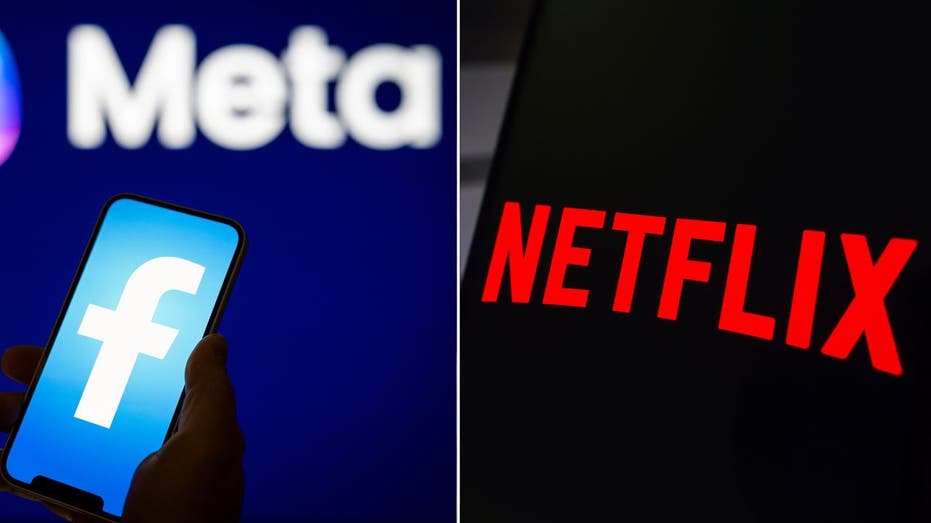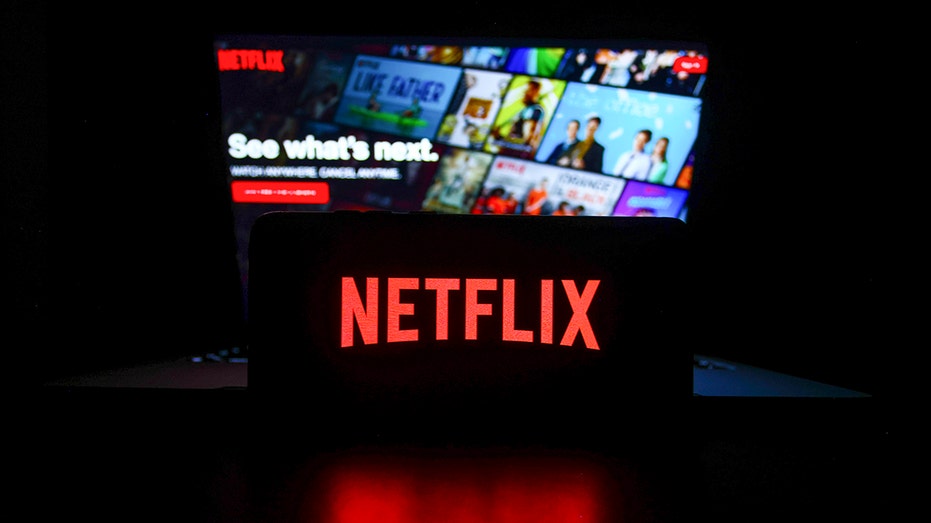Facebook let Netflix peek into user DMs, explosive court docs claim
The court documents were unsealed last week and form part of a major anti-trust lawsuit
Facebook privacy lapses showed gross negligence, but no crime: Judge Napolitano
Facebook privacy lapses
The social media giant Meta allegedly allowed Netflix to access Facebook users' direct messages for nearly a decade, breaking anti-competitive activities and privacy rules, explosive court documents claim.
The court documents, which were unsealed last week, are part of a major anti-trust lawsuit filed by U.S. citizens Maximilian Klein and Sarah Grabert, who claim Netflix and Facebook "enjoyed a special relationship" so that Netflix could better tailor its ads with Facebook.
| Ticker | Security | Last | Change | Change % |
|---|---|---|---|---|
| NFLX | NETFLIX INC. | 82.20 | +1.33 | +1.64% |
| META | META PLATFORMS INC. | 661.46 | -8.75 | -1.31% |
Facebook received millions of dollars in ad revenue from Netflix as part of these close ties, guaranteeing ad spending of $150 million in 2017, the lawsuit claims.

Social media giant Meta allegedly allowed Netflix to peek into Facebook users' direct messages, court documents claim. (Jaap Arriens/NurPhoto via Getty Images | Photo Illustration by Rafael Henrique/SOPA Images/LightRocket via / Getty Images)
APPLE, GOOGLE, META TARGETED IN EU'S FIRST DIGITAL MARKETS ACT INVESTIGATIONS
The lawsuit also claims Netflix's co-founder, Reed Hastings, joined Facebook’s board of directors and then was instrumental in the closure of Facebook Watch – a streaming service competitor to Netflix.
The lawsuit was filed in April 2023 and demands the court have Hastings respond to the plaintiff’s claims.
"For nearly a decade, Netflix and Facebook enjoyed a special relationship. Netflix bought hundreds of millions of dollars in Facebook ads; entered into a series of agreements sharing data with Facebook; received bespoke access to private Facebook APIs; and agreed to custom partnerships and integrations that helped supercharge Facebook’s ad targeting and ranking models," the lawsuit states.
APIs (application programming interface) are pieces of software that allow two or more computer programs or components to communicate and share information with each other.
The API agreement allowed "Netflix programmatic access to Facebook’s private messages inboxes, in exchange Netflix would ‘provide to FB a written report every two weeks that shows daily counts of recommendations sends and recipient clicks by interface, initiation surface, and/or implementation variation (e.g. Facebook vs. non-Facebook recommendation receipts).’"
"In August 2013, Facebook provided Netflix with access to its so-called ‘Titan API,’ a private API that allowed a whitelisted partner to access, among other things, Facebook users’ ‘messaging app and non-app friends,’" the documents claim.

Meta CEO Mark Zuckerberg established Meta in 2021. (Kevin Dietsch / Getty Images)
INSTAGRAM USERS FUME AS APP BEGINS LIMITING POLITICAL CONTENT
Meta has said in the past that it does not disclose people’s private messages to partners without their knowledge and that the API access only gave partners an ability to reach inboxes, i.e. to send messages to users via API.
"Meta didn’t share people’s private messages with Netflix," a Meta spokesperson told Fox Business on Tuesday. "As the document says, the agreement allowed people to message their friends on Facebook about what they were watching on Netflix, directly from the Netflix app. Such agreements are commonplace in the industry. We are confident the facts will show this complaint is meritless."
FOX Business also reached out to Netflix for further comment but did not immediately receive a response. Facebook changed its name to Meta in 2021 as its CEO Mark Zuckerberg unveiled metaverse, a virtual reality space.
In 2018, the New York Times published a report citing hundreds of pages of Facebook documents, alleging Facebook had authorized Spotify and Netflix to access users' DMs.
The publication reported that the connections helped Facebook gain explosive growth and bolstered its ad revenue streams.
Meta has already been fined for sharing users' information without permission.
In 2022, Ireland fined Meta $284 million after data about more than half a billion users was leaked online.

Netflix logo is displayed in a photo illustration, Jan. 23, 2023. (Beata Zawrzel/NurPhoto via / Getty Images)
CLICK HERE TO READ MORE ON FOX BUSINESS
Full names, phone numbers, locations and birthdays of users who used the platform between 2018 and 2019 were leaked online by a "bad actor" who Meta said exploited a security vulnerability, reports the Daily Mail.
That same year, Meta agreed to pay $725 million to settle a security breach case related to Cambridge Analytica, a British social media engineering company.
The firm had paid Facebook for access to the personal information of about 87 million Facebook users, which was then used to target U.S. voters during the 2016 campaign that culminated in Donald Trump's election win.





















